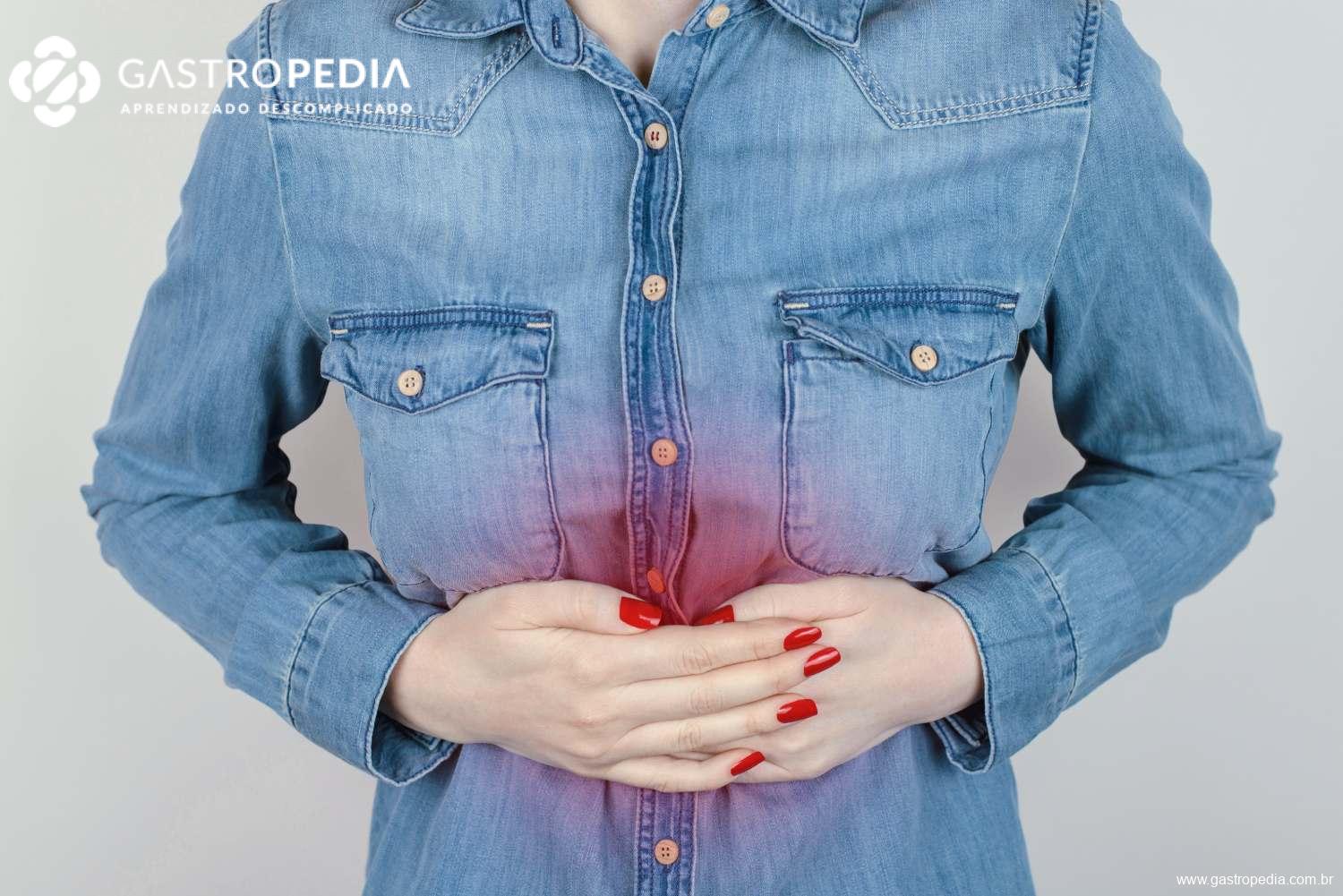Gastric ulcer is a condition that can affect people of different ages and for various reasons. Understand how the ulcer develops and what care should be taken.
What is a gastric ulcer
An ulcer can be understood as a wound that forms on the mucosa (inner lining) of an organ.
Depending on the case, the ulcer can be more superficial or deep, and can cause the perforation of an organ in severe cases.
But do not be alarmed, an ulcer is not necessarily a very serious condition, but it is essential that the individual seeks the care of a gastroenterologist to identify the source and start treatment as soon as possible.
Symptoms and causes of gastric ulcer
Symptoms may include:
- abdominal distension;
- strong abdominal pain, which tends to present as a stabbing sensation;
- pain that can be described as a burning sensation in the pit of the stomach;
- nausea;
- bleeding in the stomach wall, which can be identified in exams, such as endoscopy, or observed in the presence of blood in the stool;
- vomiting.

Causes
The main causes of gastric ulcer are diverse, such as:
- infection by the bacterium H. Pylori: it is the main cause, since the bacterium produces toxins that affect the defenses of the stomach mucosa against gastric acid. From this, ulcers arise;
- excessive stress: most people go through periods of stress. In some, there may be an increase in the secretion of acid in the stomach, which facilitates the development of an ulcer;
- prolonged use of certain medications: nonsteroidal anti-inflammatory drugs, aspirin, and ibuprofen are some examples of medications that can progressively cause erosions in the gastric mucosa, especially among older people;
- tobacco use: smoking is another element that increases the risks of developing an ulcer, due to the high production of acid in the stomach;
- excessive alcohol consumption: alcoholic beverages alter the pH of the organ, causing the body to produce more gastric acid and, consequently, increase the chances of ulcer formation.
How to confirm the diagnosis
The endoscopy exam is used in many cases of suspected stomach ulcer after the appearance of the symptoms mentioned above.
Endoscopy is very important to identify the source of the symptoms, since other digestive problems can have similar signs.
7 tips for care
The treatment for gastric ulcer involves the use of medications and antibiotics prescribed by the doctor to reduce the production of gastric acid and protect the lining of the organ.
In addition, there are 7 actions that help treat gastric ulcer. They are:
1. Avoid citrus foods, spicy foods, and excess caffeine;
2. Avoid alcoholic beverages, tobacco, and cigarettes in general;
3. Avoid excessive use of anti-inflammatory medications;
4. Invest in activities that improve your mood;
5. Do physical exercises;
6. Seek medical follow-up with a gastroenterologist specialist;
7. Follow the treatment exactly as the doctor prescribed.
Learn more about gastric ulcer and the digestive system at EndoBlog
EndoBlog is a portal that conveys relevant and true information reviewed by the doctors responsible for the Endoscopia Terapêutica website, prioritizing knowledge that helps the patient to learn more about the digestive system and have a quality of life. Browse EndoBlog and check out all the content for free.
Residência em Endoscopia Digestiva no Hospital das Clínicas da USP (HCFMUSP)
Residência em Gastroenterologia no Hospital Universitário da UFSC
Presidente da SOBED / SC na gestão 2018-2020
Médico da clínica Endogastro em Florianópolis e ProGastro em Joinville
